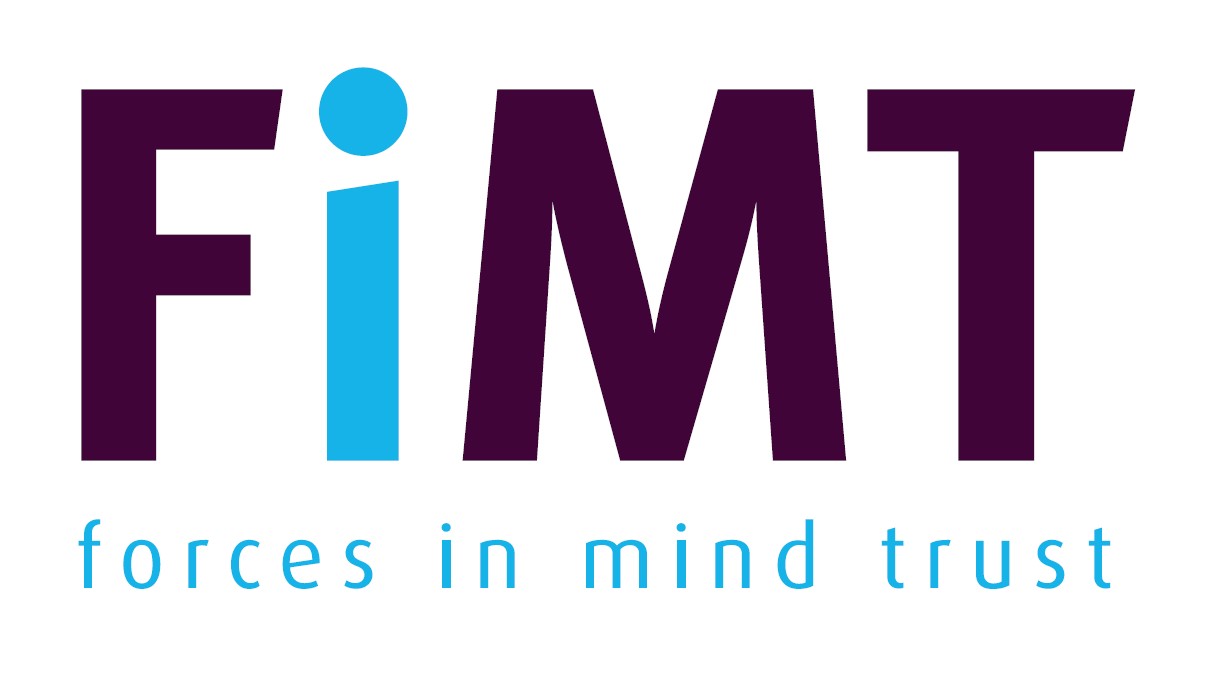Following a study on Complex Post-traumatic Stress Disorder (CPTSD) which found that CPTSD is a more prevalent condition within help-seeking ex-Service personnel than PTSD, Forces in Mind Trust (FiMT) has awarded a new grant to conduct a pilot study of a new treatment especially developed for CPTSD in ex-Service personnel.
The original study, published today, shows that of those meeting the criteria for either condition, 57% report symptoms consistent with CPTSD, compared to only 14% with PTSD.
The study was a collaboration between Edinburgh Napier University and veterans’ mental health charity, Combat Stress, and funded by Forces in Mind Trust (FiMT). It found that ex-Service personnel with CPTSD take longer to access professional and medical support compared to those with PTSD. Barriers to help-seeking for ex-Service personnel with CPTSD were found to include stigma, feeling unworthy of formal treatment, and concerns about confidentiality being maintained.
The research suggests both conditions should be routinely screened to increase early detection and appropriate intervention, and health care professionals should also be aware of the specialist veteran mental health services in their area so they can refer those with CPTSD.
Ex-Service personnel with CPTSD experience many of the main symptoms of PTSD, including difficulty in regulating emotions, feeling negatively about themselves, and problems relating to others. Several factors increase the likelihood of suffering from the condition, including a history of childhood trauma and experience of a combat role.
Following on from the study, FiMT has awarded a further £304,494 to Edinburgh Napier University in partnership with Combat Stress, to conduct a pilot study on the efficacy and acceptability of a new treatment, Enhanced STAIR (ESTAIR), especially developed for CPTSD in ex-Service personnel.
The first phase of this project will include the pilot study of a tailored treatment programme for ex-Service personnel who meet the diagnostic criteria for CPTSD. It will explore recruitment feasibility, the uptake of therapy, the acceptability of measures and treatment, and retention in the trial.
If the pilot proves successful, the project team will offer free training to the NHS and charitable service providers on modular therapy for CPTSD and look to conduct a larger and international trial. The project, awarded under FiMT’s Health Programme, is delayed due to COVID-19 and will commence in January 2021. It is expected to last 28 months.
Ray Lock, Chief Executive at Forces in Mind Trust, says:
“This is a much-needed study which demonstrates significant potential to effect positive change in the ex-Service community. Given that CPTSD is actually more common among ex-Service personnel than PTSD, it is vital that it becomes better understood, especially by service providers.
“FiMT is committed to supporting the Armed Forces community throughout and beyond Covid-19 and this includes the continuation of funding to much needed projects such as this grant.”
Professor Thanos Karatzias, Professor of Mental Health at Edinburgh Napier University and study author, says:
“This work confirms that many veterans in clinical services suffer from CPTSD. An interplay of combat experiences and childhood difficulties seem to play a key role in the development of those symptoms. This is a very important step in helping us understand how to best support people with CPTSD and suggests that trauma therapies in veterans should address not only combat experiences but also childhood adverse life experiences.”
Until recently, CPTSD was not viewed as a separate medical condition from PTSD and condition-specific literature and data are relatively sparse. This report marks an important step towards better understanding of this condition and those it affects, especially within the ex-Service community.
Dr Dominic Murphy, Head of Research at Combat Stress, says:
“Our data supports what we see clinically, namely that help-seeking veterans are more likely to be presenting with more complex symptoms of PTSD, often alongside a range of other difficulties. This piece of research has helped us better understand the needs of this vulnerable group and we hope will provide a stepping-stone to developing interventions to better meet their needs.”


















